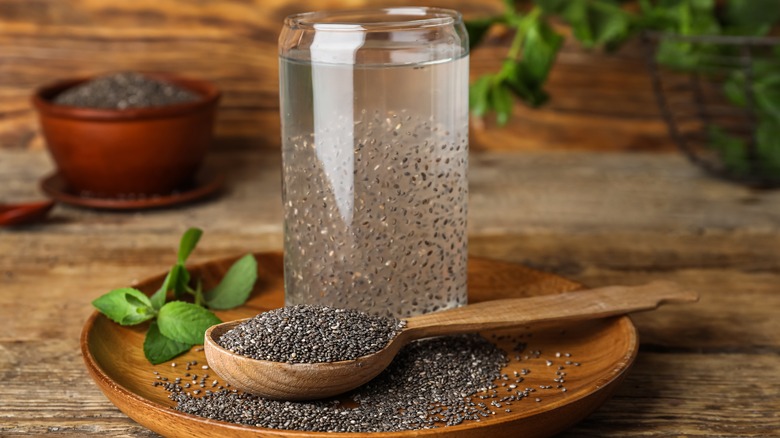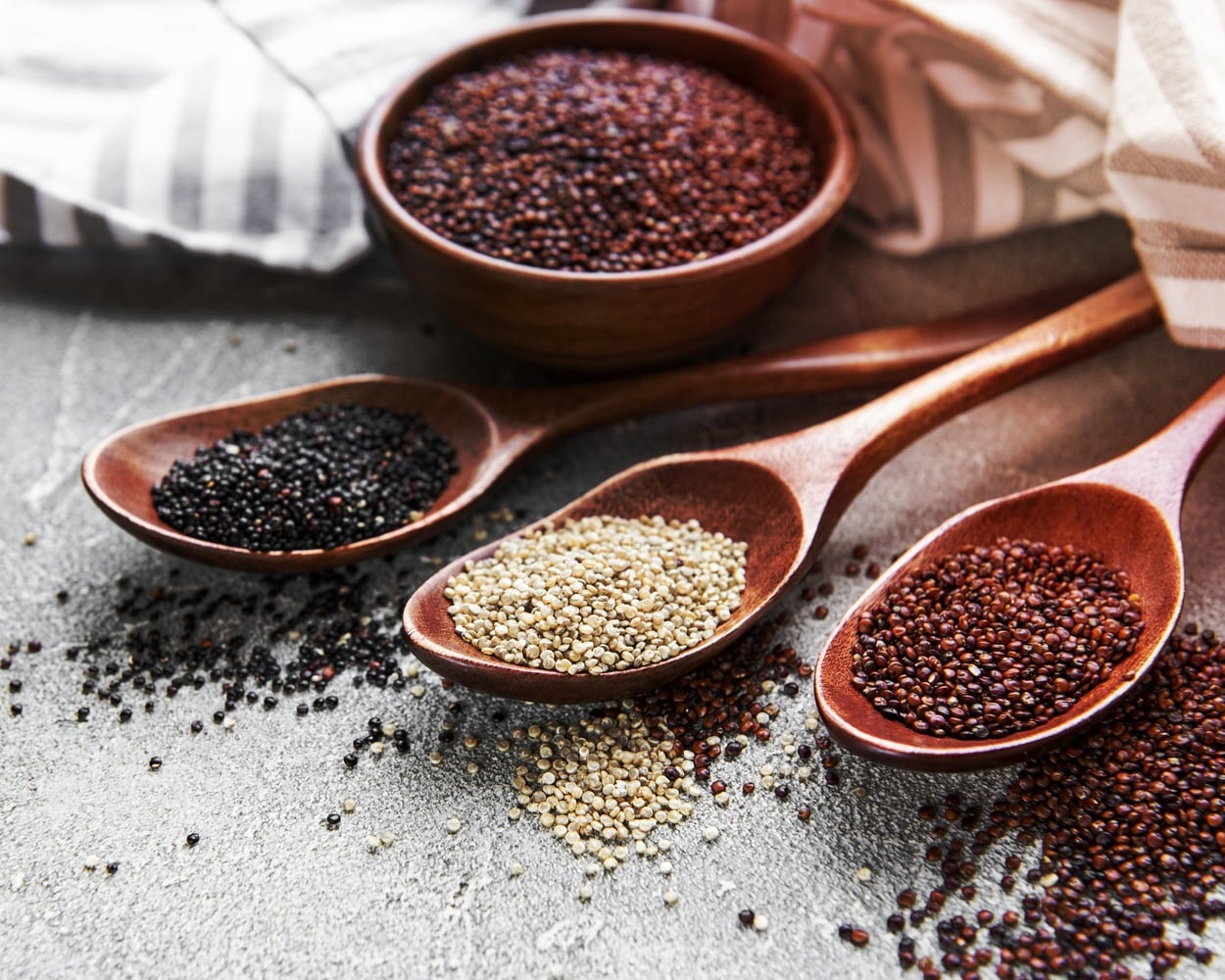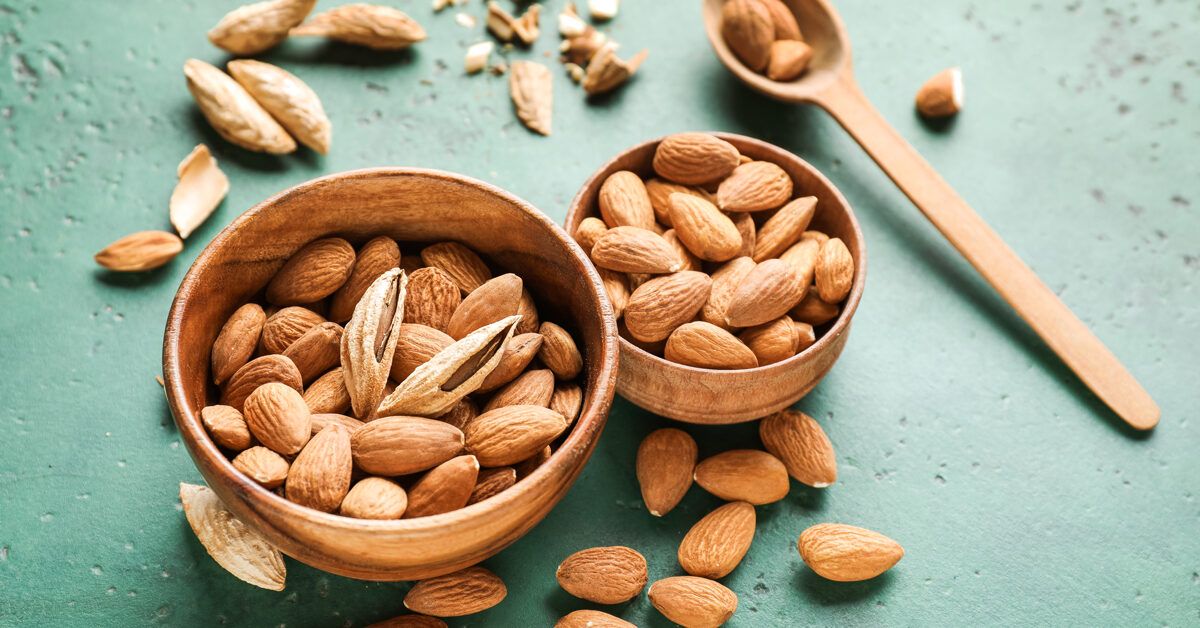Eight essential superfoods to integrate into your daily meals for optimal health.
In the pursuit of improved health, an increasing number of individuals are embracing superfoods—nutrient-rich foods that provide a wide array of health benefits. These superfoods are abundant in essential vitamins, minerals, antioxidants, and other beneficial compounds that contribute to overall well-being, mitigate chronic diseases, and enhance longevity. By incorporating superfoods into your daily meals, you can significantly elevate your nutrient consumption while boosting your energy levels and vitality. This article will delve into the top superfoods that you should integrate into your diet for optimal health.
Blueberries: A Powerhouse of Antioxidants
Blueberries rank among the most beloved superfoods, and rightfully so. They are rich in antioxidants, particularly anthocyanins, which not only give them their striking blue hue but also defend the body against oxidative stress.
Blueberries: A Nutritional Treasure with Significant Health Advantages.
- High in Antioxidants: Blueberries boast some of the highest antioxidant levels of any fruit, aiding in cellular protection and inflammation reduction.
- Enhances Brain Function: Research indicates that blueberries can boost memory and cognitive performance, making them a boon for brain health.
- Supports Cardiovascular Health: The fiber, potassium, and antioxidants in blueberries contribute to cardiovascular well-being by lowering cholesterol and blood pressure.
Incorporating Blueberries into Your Meals.
Blueberries are remarkably adaptable and can be added to smoothies, yogurt, oatmeal, or salads. They also serve as a tasty and healthy snack on their own.

Kale: A Nutrient-Rich Green Marvel.
Kale is a dark, leafy vegetable teeming with nutrients. It stands out as one of the most nutrient-dense food options available, making it a superfood you shouldn’t ignore.
The Nutritional Benefits of Kale for Your Health
- Loaded with Vitamins: Kale is abundant in vitamins A, C, and K, crucial for immune health, skin integrity, and bone density.
- Aids in Detoxification: The fiber and sulfur present in kale promote the body’s natural detoxification process by enhancing liver function.
- Supports Eye Health: Kale includes lutein and zeaxanthin, antioxidants that protect the eyes from damaging blue light and lessen the chances of cataracts.
Ways to Include Kale in Your Diet
Kale can be consumed raw in salads, sautéed as a side dish, or blended into smoothies. It is also excellent in soups or transformed into crunchy kale chips for a healthy snack.

Chia Seeds: A Tiny Yet Mighty Superfood.
Despite their small dimensions, chia seeds are packed with nutrients, making them a superfood that can easily enhance your daily diet. They are an excellent source of fiber, protein, and omega-3 fatty acids.
The Nutritional Richness of Chia Seeds and Their Health Benefits.
- Abundant in Omega-3 Fatty Acids: Chia seeds are among the best plant-based sources of omega-3s, essential for brain health and inflammation reduction.
- Rich in Fiber: The fiber from chia seeds promotes digestive health and assists in stabilizing blood sugar levels, making them ideal for sustained energy.
- Enhances Bone Health: Chia seeds are rich in calcium, magnesium, and phosphorus, all vital for maintaining strong bones.
Incorporating Chia Seeds into Your Diet
Chia seeds can be sprinkled over oatmeal, yogurt, or smoothies. Alternatively, you can create chia pudding by mixing them with almond milk and allowing them to sit overnight.

Salmon: A Rich Source of Omega-3 Fatty Acids
Salmon is a fatty fish abundant in high-quality protein and omega-3 fatty acids, both essential for overall health. Including salmon in your diet can enhance heart and cognitive health.
The Nutritional Benefits of Salmon for Enhanced Health.
- Excellent Source of Omega-3 Fatty Acids: Salmon is a top source of omega-3s, which help to diminish inflammation, lower blood pressure, and reduce heart disease risk.
- Supports Cognitive Function: The omega-3 fatty acids in salmon can improve brain function and may decrease the risk of neurodegenerative diseases, such as Alzheimer’s.
- Facilitates Muscle Growth: As a superb source of high-quality protein, salmon aids in muscle repair and growth, beneficial for active individuals.
Incorporating Salmon into Your Meals.
Salmon can be grilled, baked, or poached, and is delectable on its own or served in salads, wraps, or grain bowls. Aim to consume fatty fish like salmon at least twice weekly.

Avocados: A Nutrient-Dense Fruit Beneficial for Heart Health
Avocados are rich in healthy fats, particularly monounsaturated fats, which promote heart health. They also contain a diverse array of vitamins and minerals.
Avocados: A Nutrient-Dense Superfood with Multiple Health Benefits.
- Rich in Healthy Fats: The monounsaturated fats in avocados help reduce bad cholesterol levels and lower the risk of heart disease.
- Full of Nutrients: Avocados are an excellent source of potassium, folate, and vitamins C, E, and K, all contributing to holistic health.
- Enhances Satiety: The blend of healthy fats and fiber in avocados aids in keeping you feeling satisfied, making them a great option for weight management.
Ways to Incorporate Avocados into Your Diet
Avocados can be mashed into guacamole, sliced onto toast, or added to salads and sandwiches. They can also be blended into smoothies for added creaminess.

Quinoa: A Complete Protein Source
Quinoa is a gluten-free grain recognized as a complete protein, meaning it contains all nine essential amino acids. This makes it an excellent grain option for those on plant-based diets.
The Nutritional Benefits of Quinoa for Your Health
- High in Protein: Quinoa is unique among plant-based foods in providing all essential amino acids, making it a superb protein source for vegetarians and vegans.
- Rich in Fiber: Quinoa’s fiber content supports digestive wellness and helps control blood sugar levels.
- Gluten-Free: Quinoa is inherently gluten-free, making it an ideal alternative to wheat-based grains for individuals with gluten sensitivities.
Ways to Add Quinoa to Your Diet.
Quinoa can serve as a base for salads, be added to soups, or enjoyed as a side dish. It can also replace rice or pasta for a healthier, nutrient-rich alternative.

Almonds: A Healthy, Nutrient-Packed Snack Choice.
Almonds are rich in healthy fats, fiber, protein, and various vitamins and minerals. They present a convenient and nutritious option for snacking.
The Health Advantages of Almonds.
- Promotes Heart Health: Almonds contain monounsaturated fats, which aid in lowering cholesterol levels and decreasing the risk of heart disease.
- High in Vitamin E: Almonds are a top source of vitamin E, an antioxidant that defends cells from damage and supports healthy skin and vision.
- Aids in Weight Management: Although calorie-dense, almonds promote satiety, thanks to their combination of healthy fats, fiber, and protein.
Incorporating Almonds into Your Diet
Almonds can be consumed raw as a snack, added to salads or oatmeal, or blended into almond butter for a delightful spread.

Turmeric: A Potent Anti-Inflammatory Spice.
Turmeric is a spice with a long history of medicinal use. Its key active compound, curcumin, possesses powerful anti-inflammatory and antioxidant properties.
Health Benefits of Turmeric for Wellness
- Minimizes Inflammation: Curcumin’s potent anti-inflammatory effects can assist in reducing the risk of chronic diseases such as arthritis and heart issues.
- Supports Joint Health: Turmeric is often utilized to ease joint pain and enhance mobility for individuals with arthritis.
- Boosts Immune System: The antioxidant properties of turmeric fortify the immune system, shielding against infections.
Ways to Incorporate Turmeric into Your Meals.
Turmeric can be added to soups, curries, and smoothies. It can also be blended to create golden milk, a soothing beverage made with turmeric, almond milk, and honey.

Final Thoughts and Summary.
Incorporating superfoods into your regular diet is an excellent strategy to enhance your overall health and wellness. Foods like blueberries, kale, chia seeds, salmon, avocados, quinoa, almonds, and turmeric are loaded with vital nutrients that support various health aspects, from brain function to cardiovascular health. By making a habit of including these superfoods in your meals, you are providing your body with the essential vitamins, minerals, and antioxidants it needs to flourish.

